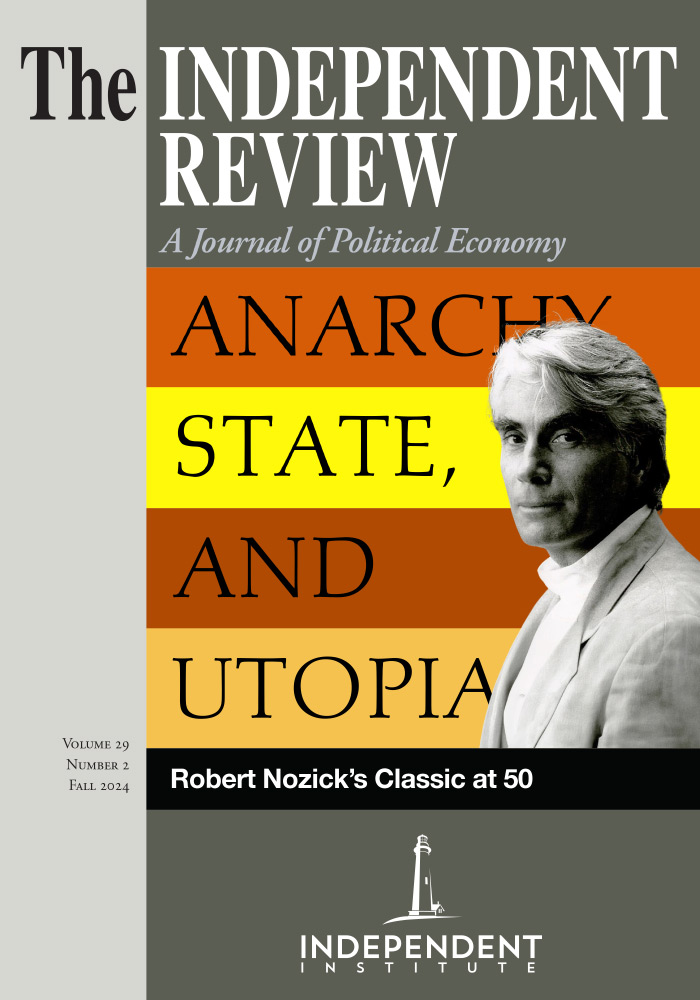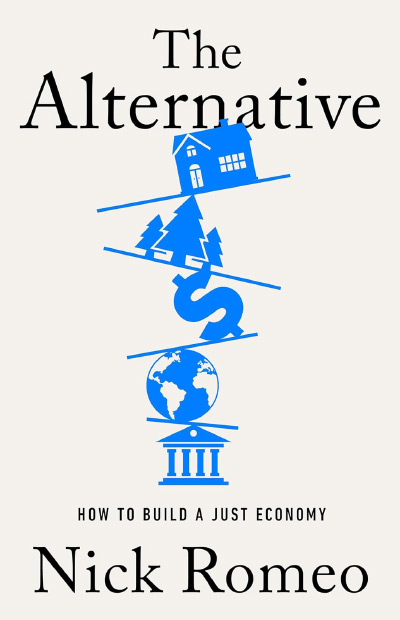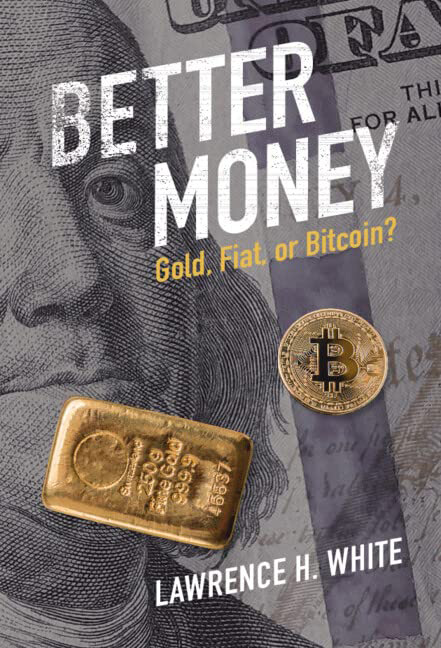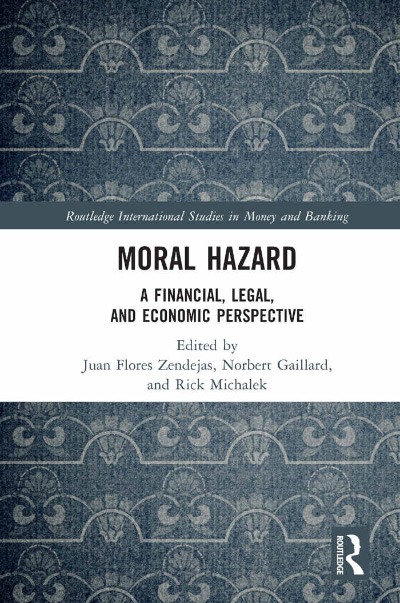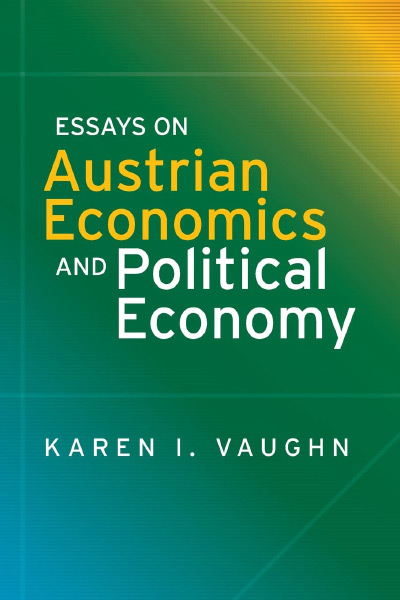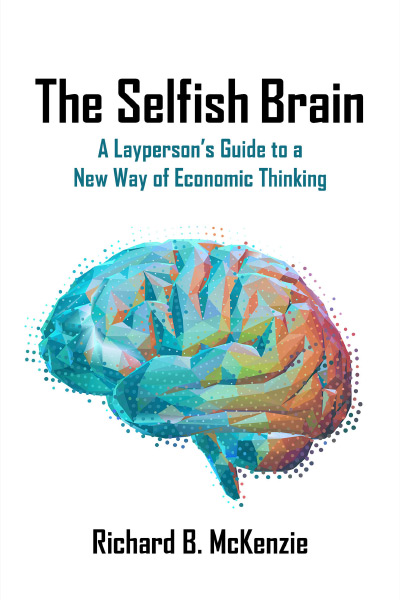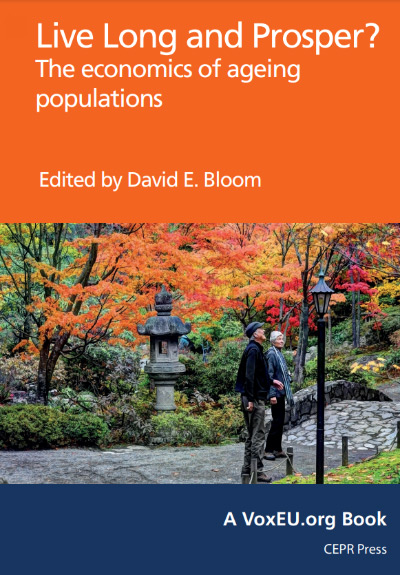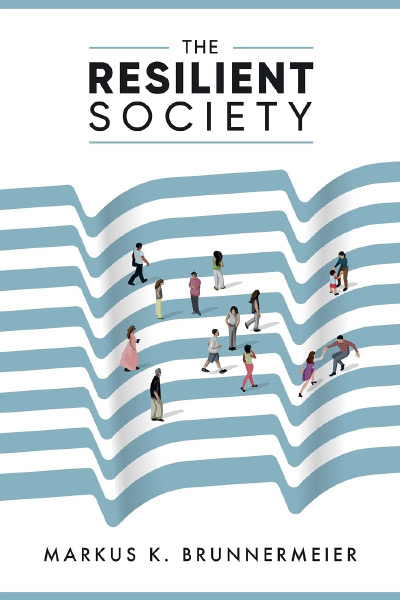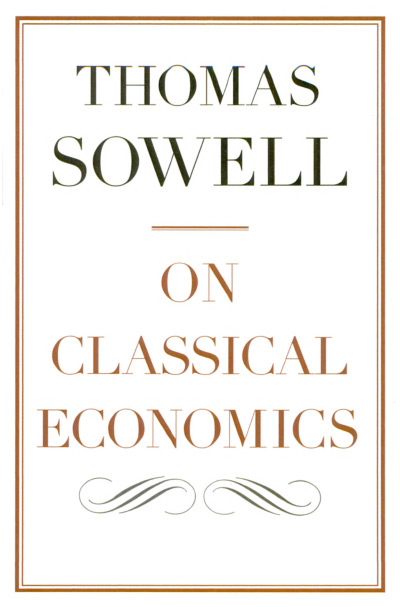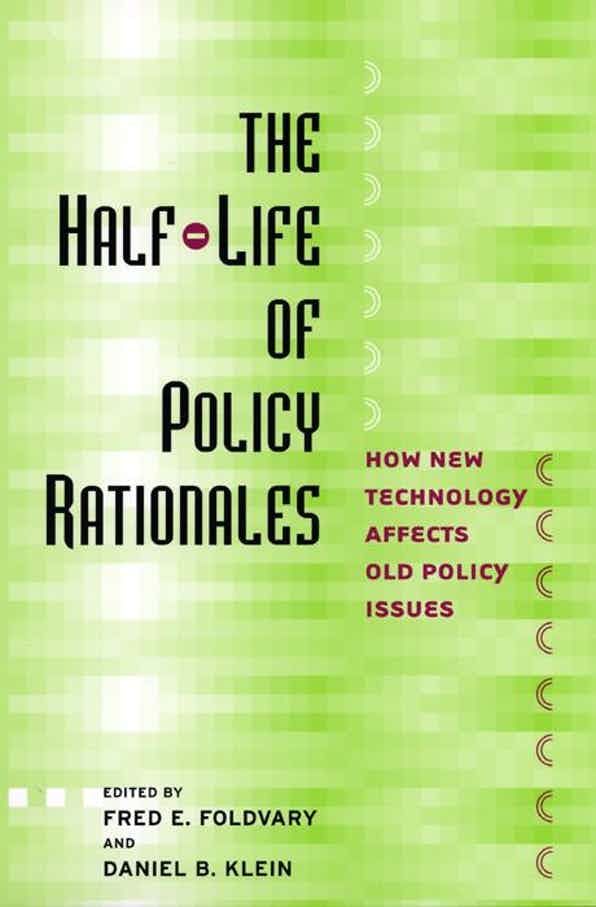Economics has its origins in moral philosophy. During the previous century, however, the discipline shifted from explaining free markets as a moral system that brings together people with disparate tastes and talents from all over the world in order to create a peaceful and prosperous social order, to focusing almost exclusively on maximization problems. In doing so, economists ceded the moral questions to other disciplines and now act as if they are impartial observers tasked only with predicting idealized outcomes.
This is the premise of Nick Romeo’s The Alternative: How to Build a Just Economy. He sees free markets as having deviated from Adam Smith’s vision of a society where everyone (or nearly everyone) is flourishing to one where the benefits are accruing primarily to the wealthy and the costs imposed primarily on the poor. In his view, too many businesses disregard ethical considerations in their decision making, focusing instead on maximizing profit. Market capitalism, according to Romeo, tends to serve the narrow selfish interests of a few individuals, while ignoring the larger communal interests of society. The result is increasing income and wealth inequalities, environmental degradation, and crony capitalism.
To counter these ills, Romeo proposes a mix of private and public initiatives to increase the transparency of market exchanges, establish a living wage, encourage more equity and profit-sharing plans among firms and their employees, and minimize the extent to which income and wealth inequalities can persist. This, he argues, will make for a happier, more stable, and just society.
Romeo blames academic economists for this current state of affairs. Economists like Milton Friedman insisted that economics is in fact a science, directly undermining the moral foundations of Smith. Consequently, economists like Larry Summers come along and propose that polluting industries currently operating in high income countries be relocated to low-income countries. In doing so, Summers argued, there is a resulting Pareto superior outcome in that productive assets are reallocated, which improves the productive ability and therefore living standards of lower income people, while lessening environmental damage in higher income countries. A win-win, according to Summers. Romeo disagrees. He is not arguing that one led directly to the other, but that ideas like this ensued indirectly, by eschewing their responsibility as moral agents and focusing instead only on wealth maximization.
Romeo gives both domestic and international examples to illustrate the ethical problems he sees with free markets, and offers solutions for creating a more just economy. For example, to counter negative externalities, he uses De Aanzet, a grocery store located in Amsterdam, to show how “true pricing” can incentivize consumers to make more responsible consumption decisions. The “true price” includes both the explicit (reflected in market prices) and implicit costs of every item. This provides consumers with more information about the impact of their consumption choices. For example, if the explicit cost of producing an avocado and bringing it to market is reflected in the market price of $1, yet the implicit and hidden costs of doing so are, say 15 cents, then the grocery store sells the item at the “true price” of $1.15. I imagine residents of San Francisco might balk at paying the true cost for their water supply, but the effect of knowing the true cost of supplying fresh water to them, including the damming of the Hetch Hetchy Valley, might encourage them to think differently about how much water they consume.
It is not only the environmental costs incurred in producing the goods that Romeo wants exposed. True pricing can also be used to inform consumers of other social costs such as goods produced using children and slave labor. Romeo is passionate about putting an end to child labor. He argues that by informing consumers of the adverse impact working in fields or factories has on children or those enslaved, they might put an end to such practices. This information might lead consumers to make different choices, incentivizing firms to refrain from employing children and slaves.
In terms of low-wage workers and income inequality, Romeo pushes for a mandated living wage. Depending on the geographic location and family situation, he postulates a wage between $30 and $50 per hour as sufficient to enable people to live in acceptable conditions. Like many others, he rails at the fact that the current U.S. minimum wage of $7.25 per hour is well below the $12 needed to equal its inflation-adjusted peak in 1968. For gig workers, he argues that, for various reasons, many are unable to work consistently, requiring some form of flexible employment. Their unique situations give companies like Uber, Lyft, DoorDash, and Instacart opportunities to take advantage of the predicament these workers face and pay them what amounts to minimum wage or less.
Income inequality is also a major concern for Romeo, which he argues has increased dramatically over the past five decades. He champions employee ownership of firms, including employee stock ownership plans (ESOPs) and other means of profit sharing. Such plans give employees a stake in how their companies are run in addition to sharing in their success. He cites Purpose Economy out of Oakland, California, which assists companies in creating trusts to control ownership of a company. The trusts, then, protect against subsequent owners of the firm—say, an heir to the current owner or rising officer of the firm—selling the company and having the new owner dissolve the ESOP. This protects employees from private equity companies buying a firm and reverting it back to a profit maximization model, thereby losing their ownership stake in the company.
Romeo also explains how a bakery, also out of Oakland, California, Firebrand Artisan Breads, intentionally hires workers who are largely unemployable. Similar is Discover Financial Services, which opened a call center in South Chicago with the intent of creating employment opportunities for those living in a low-income area. Matt Kreutz, the founder of Firebrand, has a purpose larger than maximizing profit. A prospective employee needs no qualifications other than a desire to work. This has generated opportunities for ex-convicts, former addicts, and others who would otherwise find getting hired nearly impossible.
Romeo’s concerns are valid, and free market economists as well as libertarians should take them seriously; not only out of moral and ethical concerns, but also for political reasons. Public health, safety, and income inequality are problems that require solutions. This then requires participation from all citizens who are part of a democratic capitalist society. There is only so much inequality that people will endure before a populist revolt occurs, so ignoring it may lead to worse outcomes. (Are we already too late for that?) Restoring ethicality as an essential topic for economics and other business education curricula can help reduce these problems in the future by helping business leaders make better and more socially conscious decisions.
Although Romeo’s concerns are valid, readers may find many, if not most, of his recommendations unworkable, if not unpalatable. The “true price” Romeo references is determined by a social enterprise group known as, not surprisingly, True Price. This organization obtains information from various sources, including academics, to come up with the “true price.” This brings up a host of political issues, as well as biases in terms of how the implicit or hidden costs are determined. For example, since the “true price” includes a markup to reflect labor paid below a certain threshold, that threshold is very subjective. The same is true of the costs of externalities such as the carbon footprint from producing some good. Lastly, who keeps the added rents is not clear. What we know from the fair-trade coffee movement is that coffee bean wholesalers retained most of the residual that was intended for farmers.
His recommendation to prohibit child labor around the world is also a problem. People living in wealthier countries can afford not to have their children work, but that is not always possible for poor families. As Oxfam once noted, when legitimate employment opportunities for children are prohibited, they seek employment in illegitimate fields like prostitution, dealing drugs, and crushing rocks. This is hardly an improvement in the lives of children. Reducing barriers to trade and increasing capital mobility are much better solutions to increasing the number of higher paying jobs in developing countries.
Income inequality, low wage jobs, and even employment opportunities for convicts are important issues needing to be addressed. But nowhere does Romeo consider things like improving our education system, which has declined significantly over the past half century, or eliminating the barriers faced by low-skilled workers due to occupational licensing. More than one-third of all jobs now require licensing to enter the profession, up from five percent in 1970.
This book offers important criticisms of free markets and of the current state of economics education, both of which should be taken seriously. Romeo does a good job of taking on important issues such as income inequality, negative externalities, and poor treatment of employees within some firms, and then offering solutions. Disagreeing with his solutions does not make moot the concerns he is addressing. As Romeo notes, “[M]arket forces operate only because of political and ethical decisions” (p. 22). Economists need to reclaim the moral foundation of their profession.
| Other Independent Review articles by Mark Steckbeck | |
| Fall 2022 | Our Own Worst Enemy: The Assault from Within on Modern Democracy |
| Winter 2020/21 | Caste: The Origins of Our Discontents |

